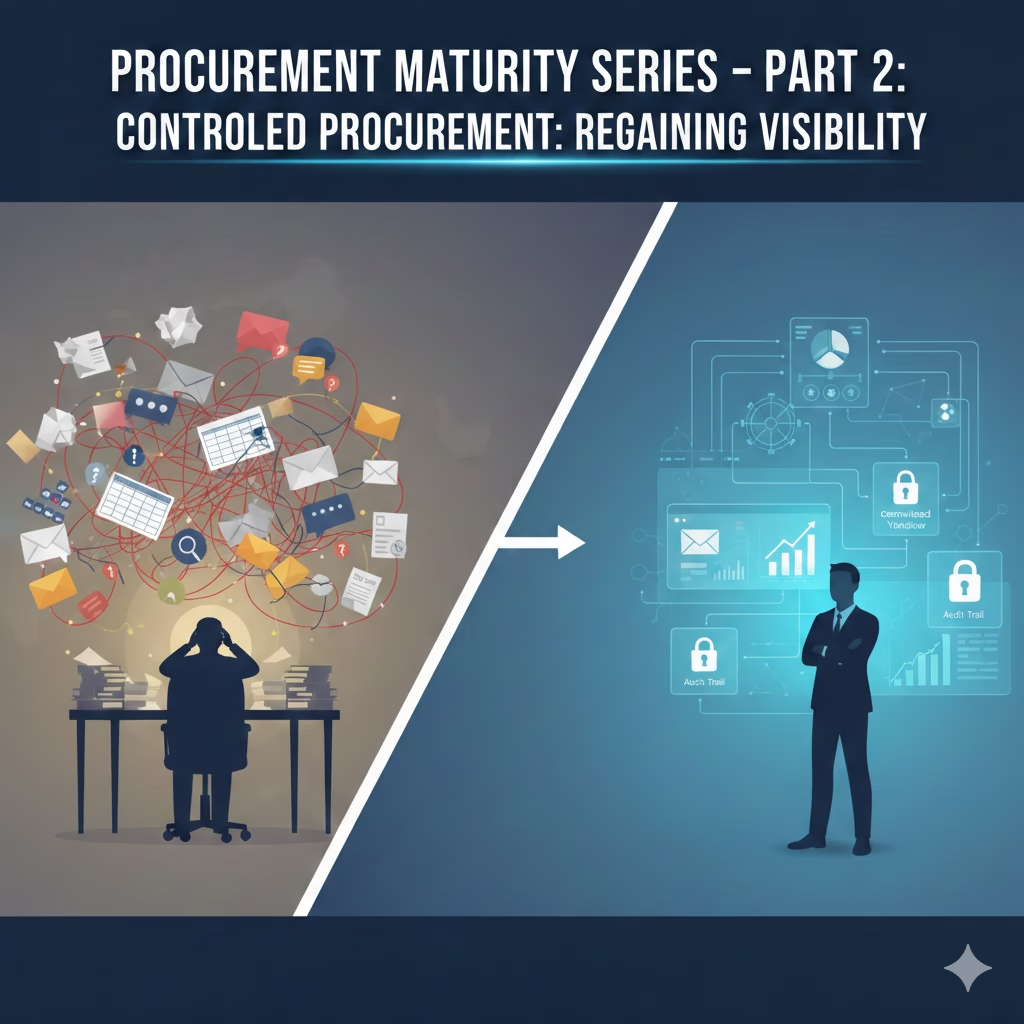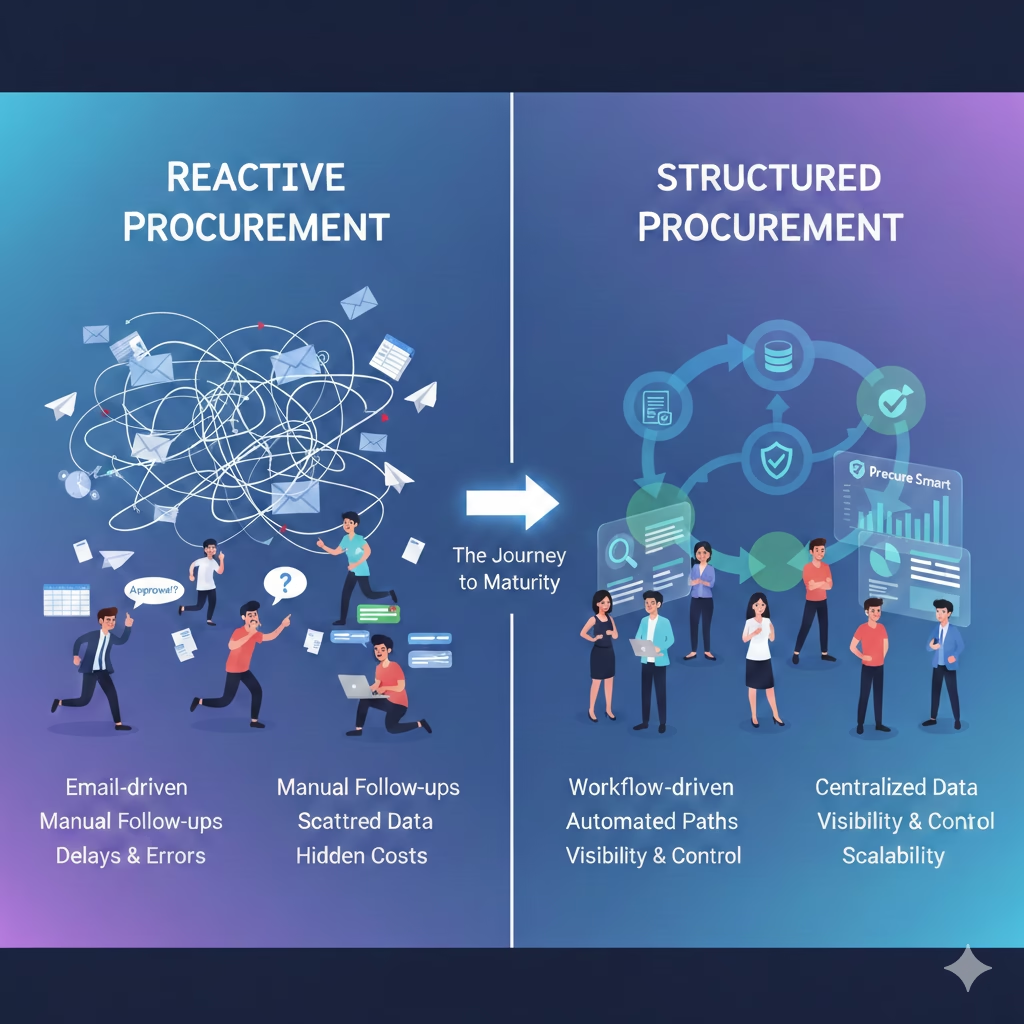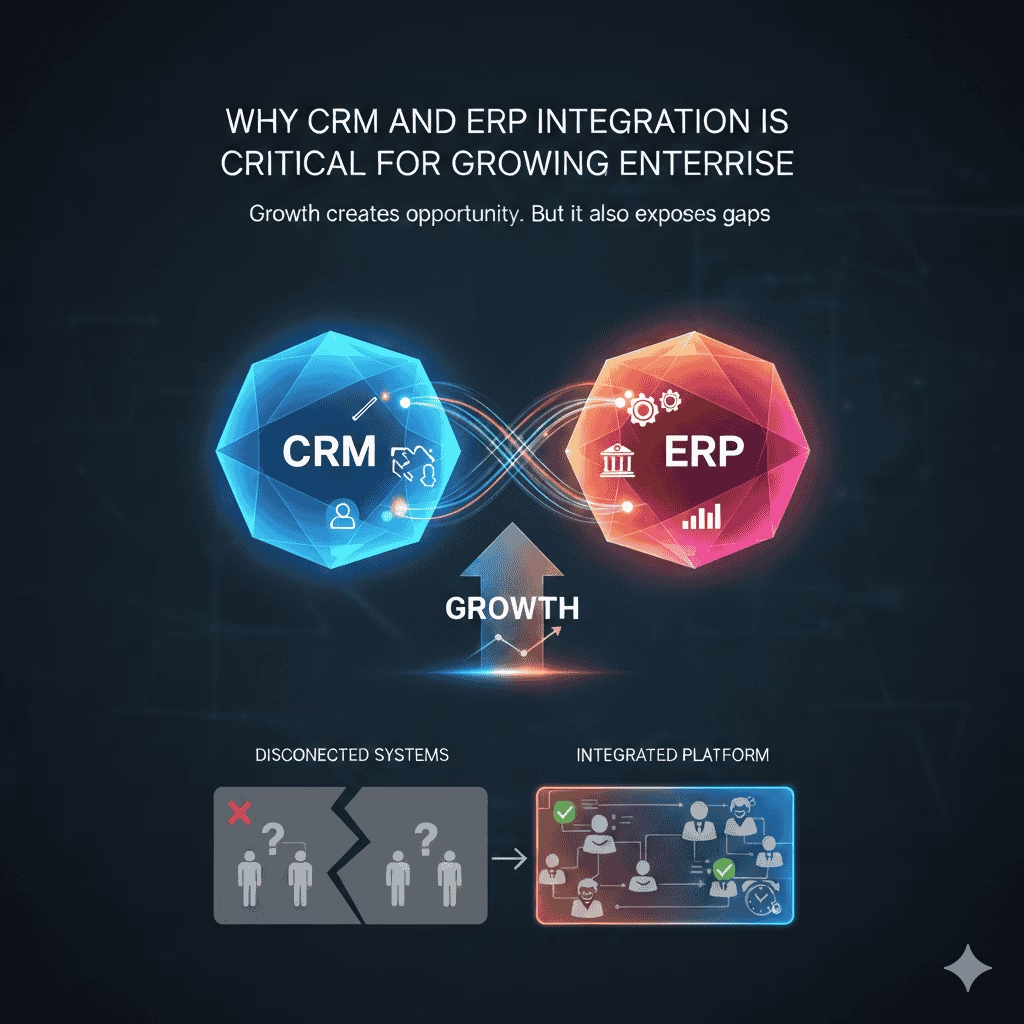Supplier relationships today are built on speed, transparency, and trust. But when communication happens through emails or outdated systems, delays and confusion are inevitable. That’s why many organizations are moving their supplier collaboration to the cloud. With cloud-based platforms, companies can review proposals, approve requests, and share updates instantly — all from one place. The result? Faster approvals, smoother coordination, and smarter decisions powered by real-time insights.
Why Supplier Collaboration Matters More Than Ever
The way businesses handle procurement has a direct impact on efficiency and profitability. A slow approval or missed update can stall production, delay deliveries, or even strain long-term supplier relationships.
Cloud-based supplier collaboration platforms solve these pain points by keeping every stakeholder — from procurement teams to finance and suppliers — connected through a single system. Instead of waiting for manual approvals or chasing status updates, everyone can see what’s happening in real time.
How Cloud Technology Changes the Game
Moving supplier management to the cloud offers more than just convenience — it brings control, visibility, and agility.
Here’s how it makes a difference:
Instant Access: Teams can track supplier performance, purchase requests, and order status anytime, anywhere.
Faster Approvals: Cloud workflows automate repetitive steps, helping managers approve or reject requests in just a few clicks.
Smarter Decisions: Real-time data allows businesses to compare suppliers, monitor trends, and make informed choices based on performance insights.
Enhanced Security: Cloud platforms ensure data privacy with advanced encryption and role-based access control.
This level of transparency and automation transforms how businesses interact with their suppliers — from reactive coordination to proactive collaboration.
From Paper Trails to Real-Time Progress
Traditional supplier management often involved long approval chains, physical documents, and endless back-and-forth communication. These manual steps not only slowed down operations but also increased the risk of data errors and lost information.
In contrast, cloud collaboration tools give organizations a live, digital view of the entire process. Procurement teams can set up automated alerts for pending approvals, track performance KPIs, and even integrate with ERP systems to keep records synchronized.
It’s not just about saving time — it’s about creating a system that runs efficiently and accurately, every single day.
The Impact on Business Operations
The rise of low-code and no-code ERP integration has created a real shift in how businesses operate:
Faster implementation: No more months of setup — integrations can go live in days.
Lower IT dependency: Non-technical users can manage processes on their own.
Better collaboration: Teams work from unified data across all systems.
Fewer errors: Automated data flow means fewer manual mistakes.
Scalable growth: As the business expands, new integrations can be added quickly.
In short, businesses can move from slow, reactive operations to agile, proactive systems.
Building Stronger Supplier Relationships
Faster approvals and clear communication don’t just benefit companies — they also strengthen trust with suppliers. When vendors see that orders are processed quickly, invoices are approved on time, and feedback is consistent, collaboration naturally improves.
Cloud platforms act as a shared workspace where suppliers and buyers can exchange data, share documents, and resolve issues together. This transparency fosters long-term partnerships built on reliability and mutual growth.
The Future of Supplier Collaboration
As automation and AI continue to advance, cloud-based procurement systems will become even more intelligent — predicting supply needs, suggesting vendors, and automatically managing routine approvals.
Businesses that embrace this change today will have a clear advantage tomorrow: smoother operations, quicker responses, and data-driven decision-making that keeps them ahead of the curve.
Final Thoughts
Supplier collaboration in the cloud era is no longer just about digitizing documents — it’s about rethinking how businesses and suppliers work together. With every process connected and every decision backed by data, companies can move faster, work smarter, and build relationships that last.





